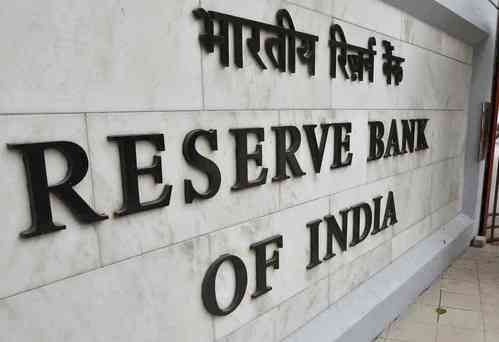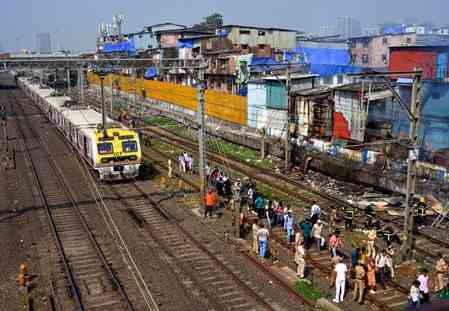RBI eases final project finance rules, lowers provisioning norms for banks
The Reserve Bank of India (RBI) on Thursday released the final guidelines for project finance, giving banks relief by significantly lowering the provisioning requirements compared to what was proposed earlier.

Mumbai, June 19 (IANS) The Reserve Bank of India (RBI) on Thursday released the final guidelines for project finance, giving banks relief by significantly lowering the provisioning requirements compared to what was proposed earlier.
These new norms will be applicable from October 1, 2025.
Under the final rules, banks will now have to set aside a general provision of 1.25 per cent for loans to Commercial Real Estate (CRE) projects during the construction phase.
For Commercial Real Estate – Residential Housing (CRE-RH) projects, the provision has been set at 1 per cent.
All other project loans during the construction phase will also require a provision of 1 per cent.
Once the project becomes operational and starts repaying the loan, the provisioning requirements will reduce further.
Banks will need to maintain only 1 per cent for CRE projects, 0.75 per cent for CRE-RH, and just 0.40 per cent for all other project loans.
These rates are significantly lower than the draft guidelines released earlier, which had proposed a provision of 5 per cent during the construction phase.
The draft had also suggested reducing it to 2.5 per cent when the project became operational, and finally to 1 per cent after the project started generating enough cash to repay lenders.
The RBI had earlier indicated that the implementation of the new rules may be delayed.
In February, then Financial Services Secretary Sanjay Malhotra had said that the final framework might not come into force before March 31, 2026.
However, the central bank has now clarified that the new rules will be effective from October 2025.
The guidelines also clarify that if the date of commencement of commercial operations (DCCO) is delayed but still classified as a standard loan, additional provisions will be required.
For infrastructure projects, banks must set aside 0.375 per cent more for each quarter of delay.
For non-infrastructure projects, including CRE and CRE-RH, this additional provision will be 0.5625 per cent per quarter.
The RBI has also directed banks to closely monitor the progress of the project during the construction phase and identify any signs of stress early.
If any credit issue arises, banks must start working on a resolution plan without delay. Such credit events must be reported promptly to the Central Repository of Information on Large Credit (CRILC) in both the weekly and main reports.
In case of a credit event, the bank must also begin a preliminary review of the borrower’s account within 30 days from the date of the issue, the RBI said.


 IANS
IANS 










